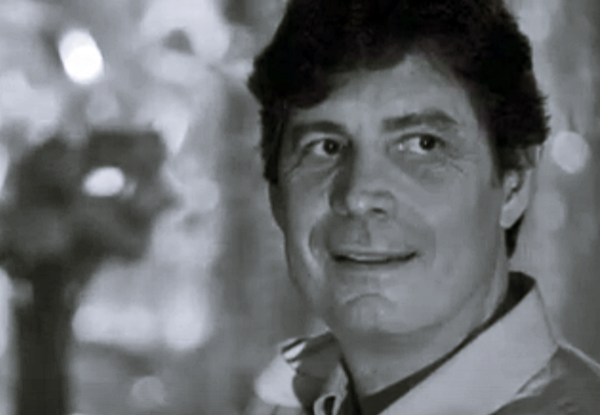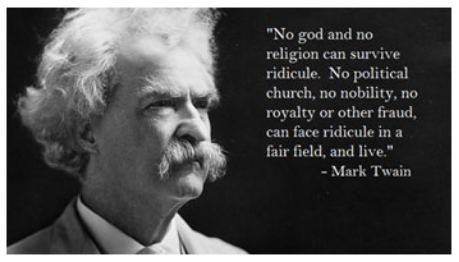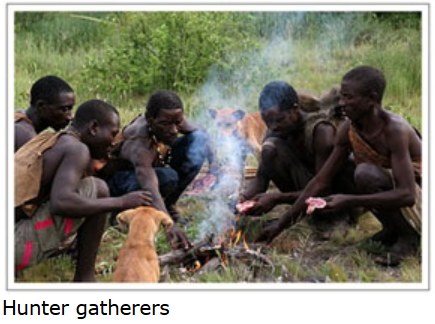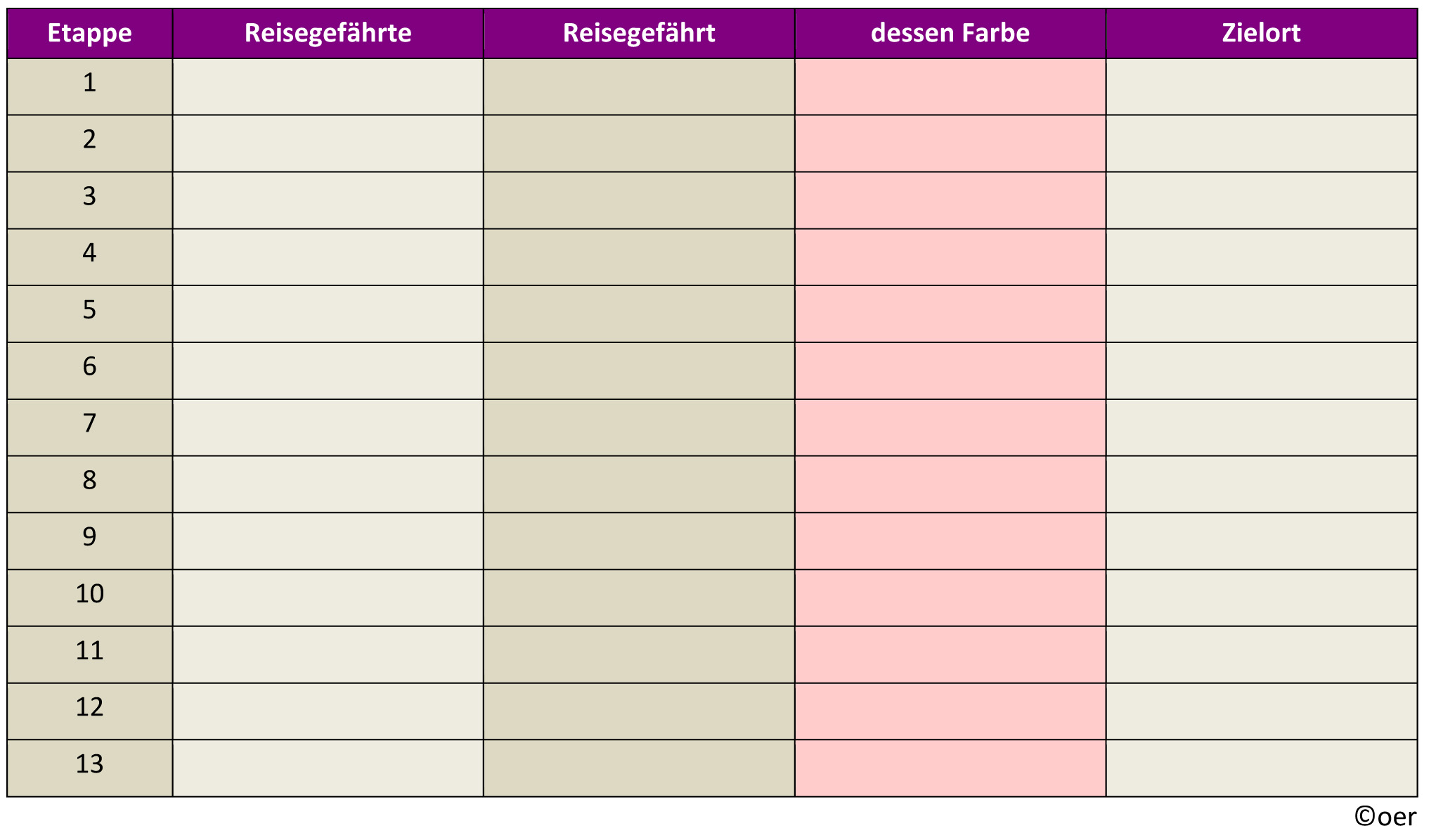 Why did the hack ultimately fail?
Why did the hack ultimately fail?
By Christopher G. Moore
Aaron Schlossberg, a US lawyer, was recently caught on video berating two people for speaking Spanish in a Manhattan restaurant. He was thrown out of the restaurant. But not before his actions went viral on social media. Aaron found himself in a deep hole. A community formed to vent their anger against such a bully. With the daily acts of racism Aaron Schlossberg will soon fall away from public view and memory, and may reappear when inevitably a similar event happens. It will happen again. And again.
 Aaron Schlossberg is a member of our species. The bullying instincts he showed run deep in our DNA. Rather than focusing on his conduct as a character flaw that makes him a bad person, I’d rather explore an uncomfortable truth that there is a little bit of Aaron Schlossberg in all of us. Until we address the core issues of dominance, dominators and Alphas we can feel good by joining in and expressing our anger as part of a larger collective anger at Schlossberg. We feel good then move on. That’s not problem solving; it’s problem shuffling. We have a long evolutionary history and it is easy to ignore our basic nature and how our species must own up to its own uncomfortable social and political history.
Aaron Schlossberg is a member of our species. The bullying instincts he showed run deep in our DNA. Rather than focusing on his conduct as a character flaw that makes him a bad person, I’d rather explore an uncomfortable truth that there is a little bit of Aaron Schlossberg in all of us. Until we address the core issues of dominance, dominators and Alphas we can feel good by joining in and expressing our anger as part of a larger collective anger at Schlossberg. We feel good then move on. That’s not problem solving; it’s problem shuffling. We have a long evolutionary history and it is easy to ignore our basic nature and how our species must own up to its own uncomfortable social and political history.
Most of us keep contrary evidence and facts from destroying our little idea castles that dot the imagined landscape of the world we wish to live in. If your beliefs are strongly held, then you won’t be persuaded they might need revision or that they are incompatible with the evidence. In the case of the American lawyer, we witnessed spontaneous communities forming overnight on social media to ridicule the lawyer who, as it turned out, has a history of racially provocative encounters. Ridicule escalated quickly, turning into calls for action. The equivalent of banishment. The lawyer’s law firm was kicked out of its offices. State officials launched application to have the New York State Bar Association to revoke the lawyer’s license.
I’ve been working on a new non-fiction book: Rooms: On Human domestication and Submission. As the NYC lawyer’s story played out on social media, I thought about my two-year research project into the background of our egalitarian heritage.
A quick look at our egalitarian history shows that what happened to the lawyer in New York goes deep in our bone, our instincts, and our very nature evolved because of mutual co-operation among band members as equals. The Hierarchy in the Forest: The Evolution of Egalitarian Behavior by Christopher Boehm, is a classic text that charts a 1,000-generation period when we lived in small bands based on a set of egalitarian values and rules. I found it interesting how early humans created and maintained those values and wondered what forces had caused that social system to collapse. Boehm along with other researchers had discovered how in modern-day hunter-gatherer tribes in the few patches where they still exist showed that the whole band acted as a unified whole against an alpha male who was mean, took more than his own share of food, bragged, and bullied others.
The scholars claim the evidence indicates that evolution bestows us with the burden of dominator males. If it makes you feel any better, chimpanzees are another group of primates with hierarchy and alpha tyrants imposing their will on others. What many view as a character flaw is hard-wired into our species. With our large brains, language, and cognitive skills we evolved a social hack to turn domination on its head. Boehm calls it an inverse hierarchy. Think of a pyramid upside down with the point bit on the ground and the base pointing to the sky.
How did our species evolve the original egalitarian values as hack against tyrants?
The social hack worked well for about a thousand generations. Why did the hack ultimately fail? I’ve written a book on that very question. In summary, the fate of communities to fall under powerful alphas happened for two basic reasons: 1) populations scaled beyond the band’s ability to function as an effective, unified social force to coordinate action required to corner and contain the bully; and 2) communities settled in one place, becoming immobile, living inside rooms where they were surrounded by hundreds, and later thousands, then millions of other people, most of whom were strangers. Rousseau’s idealized view of hunter gatherers as peaceful, tranquil communities which worked in harmony sought to discard the instinct for dominance and the associated behavior that Alphas used to seize and maintain the power to bully others. Once the community grew beyond the Dunbar number (150), the cracks opened for hierarchy to grow and for dominators to divide and isolate a community in order to prevent the unified front to their rule.
There is a related question that has troubled me: how did our species evolve the original egalitarian values as hack against tyrants? Was there a companion set of events that allowed egalitarian values to persist for a long period? In thinking about these issues, it is likely that natural selection favored individuals and bands that developed oral communication skills and used them to exchange crucial information about the environment and members of the band. The ability to convey information other than gestures and grunts would have had given an advantage to the band that could use language. Foragers and gatherers had words to identify fruits, nuts, plants, fish and vegetables. Language also helps to order a coffee at Starbucks.
The next step was a language that conveyed information about other members of the tribe: habits, attitudes, fairness, generosity, kindness as well as negative characteristics such as anger, meanness, lying, stealing, cheating, and bullying. The experts believe we’ve had oral language for about 100,000 years, and if you consider the use of protolanguage of sufficient complexity to keep alphas in line, then the start of our advanced communication skills takes us back, according to Boehm to several hundred thousand years. We’ve been talking to each other about how to keep the bully of the band in line for much longer than we’ve been living in rooms. That history and its big social hack continue as background in many contemporary conflicts.
We are the only primate that has a long past record of egalitarian bands
Somewhere in this lost fog of time what we call gossip evolved as an early weapon to contain bullies and other alpha dominators. It allowed the band to discuss, debate, and understand what others were doing that might be against the interest of the band. While modern people may view gossip with disdain and dismiss it as silly, empty and unimportant, in reality, gossip had an important role in structuring and maintaining an egalitarian society. As mentioned earlier, the egalitarian society didn’t abolish dominance; it co-opted the impulse, taking from any individual and placing it with all band members.  The commons, in other words, was the ownership of dominance by all members of the band. To prevent dominance of just one individual, his cronies and supporters, hunter gatherers tamed the dominance streak by making it a group behavior aimed at stopping any individual from gathering cronies and supporters to dominant the group. As long as the band could communicate and maintain solidarity, this system of dominance worked. Other than Bonobos, we are the only primate that has a long past record of egalitarian bands.
The commons, in other words, was the ownership of dominance by all members of the band. To prevent dominance of just one individual, his cronies and supporters, hunter gatherers tamed the dominance streak by making it a group behavior aimed at stopping any individual from gathering cronies and supporters to dominant the group. As long as the band could communicate and maintain solidarity, this system of dominance worked. Other than Bonobos, we are the only primate that has a long past record of egalitarian bands.
What was interesting is our ancestors developed ridicule as a crucial tool to create a moral climate and cultural channel to contain bullies. We also had ostracism, banishment, and murder. The community reacted on any hints from gossip that so and so was pushing others around, claiming he was a better hunter. People would laugh at him. Belittle him. Show they were not afraid of him. And they weren’t afraid for one important reason: the entire community had gathered around the person who was laughing at the bully. This communal humiliation destroyed his plan for domination. The dressing down would serve as a stark warning to other alpha upstarts as to what their fate would be. Bullies confronted a united communal front of the rest of the band. Ridicule was the social glue that provided the social ammunition to contain alpha upstarts. For hunter gatherers, they had another arrow for the bow—no member would last long on his own if banished from the band. They had a large incentive to co-operate as equals and equality would be lost if one member ruled the others. The ridicule that worked as a power equalizer for hunter gatherers. Once that way of mobile life was lost, the social and cultural forces shifted and in the new environment united behind a wall of ridicule no longer was sufficient to prevent the rise of the bully to order others around. Once our species became immobile, settling into the life lived inside rooms, ridicule of the powerful continued but it no longer prevented the consolidation of power into the hands of an Alpha.
For thousands of years, instead of a closed band controlling the domination of its members, the role fell to small groups of artists, activists, dissidents and free thinkers who employed satire and ridicule in art, song and stories. They became the unofficial class of ridiculers. But the new ridiculers with limited communication channels found that their efforts force fell short of preventing despots from arising. The Alphas contained the new ridiculers using repressive censorship, blasphemy, and natural security laws in many countries allowed the imprisonment or banishment of such rebels. The underlying goal was to prevent any resurgence of the hunter-gatherer’s reversed domination hierarchy. The first rule of Alphas is to enact laws that deter and punish attempts to contain in-group Alpha conduct.
We can see cracks in the power structure
One of the most important innovations of the Internet and social media has been to vastly expand the unofficial class of ridiculers. The old hierarchies have been rattled by the constant flow of ridicule streaming over millions of timelines. New computer crime laws and access to social media along with bullying of digital companies has raised the question as to how successful the new ridiculers will be in containing the large infrastructure the Alphas have built up and refined over thousands of years.
We can see cracks in the power structure. The question is whether this is good evidence that the existing hierarchy that institutionalized the bully has started to find its power leech away? The Alpha’s authority has been historically based on not only one the threat of violence but by controlling the flow of information to the oppressed population by convincing them they aren’t repressed. That information monopoly over framing of an artificial reality has been disrupted. Social media along with the entertainment industry has witnessed a resurgence of public ridicule. There is an entire entertainment industry like the Jon Stewart Show, Saturday Night Live, and The Tonight Show with Conan O’Brien, and The Daily Show with Trevor Noah to mention a few shows that are fueled by skits and humor that point out politicians, public figures, and superrich with public ridicule. The audiences may overlap but it is likely each of the shows has a base audience whose biases are confirmed and they feel part of a larger community. But are these changing making a difference socially and politically? We have the instinct to ridicule a bully but do we have the power to contain the bully?

Our egalitarian instincts are engaged when the bully orders or threatens us. The question is who is our community? It’s not the band of 30 to 50 relatives, it is more diffuse and abstract, and draws not from the individual but from the identity a group provides to give it cohesion. The group coalesces around a theme: gender, age, race, ethnicity, religion, ideology, political affiliation, guns, abortion, climate change, etc. Sometimes there is overlap in group membership.
Each group unites and pushes back anyone who threatens their identity. For gun lovers, the advocate of gun control is an outside threat, an enemy, someone who wishes to oppress them and take away their freedom. They treat those who wish to enact gun law restrictions with contempt and ridicule. On the other hand, anti-gun advocates also shower the gun advocates with bile and ridicule. There is no one alpha bully to contain, but legions of them. They pop up like moles and we’ve played whack-a-mole for so long that it seems like a normal part of what goes on in society, when, in fact, the hunter-gatherers dealt with the alpha barking orders swiftly. This was serious business. It wasn’t incorporated into show business as a form of entertainment. Bands united to cooperate in a collective matter to contain the potential tyrant before things got too far along in the attempt to cause them to surrender their equal status to the bully. They also lived in an analogue world of face to face confrontation. There was no hiding behind a keyboard under a phoney identity to bully others. It isn’t that we necessarily produce more bullies than hunter gatherers but we have enabled a mob of social media bullies who doesn’t have to face those he bullies.
The question is whether the social tools such as ridicule are sufficient to retake the high-ground from the dominator class and return that power to the dominated class where it had existed for a thousand generations. Each time a consumer protection law is weakened, or an environmental law abolished, or tax burdens shifted from the rich to the poor, we witness the acts of domination. Since the agricultural revolution, the bullies have taken control of the tribes and are still in power worldwide. They still control and tell others what to do. While acts of defiance seem to be increasing, we find ourselves in the position of either accepting submission or evolving new hacks to control dominators. Whether social media is that hack is open to debate. What is clear is that allowing dominators out of the social ridicule cage guarantees repression. Alphas ultimately damage the social fabric and spread misery and hopelessness. We need to think about how to create a new social cage for bullies. To make a guess of what that social cage would look like, you’d have to ask an artificial intelligent agent who will one day design and hold the keys.
Christopher G. Moore, a Canadian novelist and essayist, living in Bangkok, is CrimeMag South East Asia correspondent and the author of the award-winning Vincent Calvino series and a number of literary novels and non-fiction books. His books have been translated into 13 languages. The Christopher G. Moore Foundation is awarding a literary prize for a work of non-fiction, which advances understanding of human rights and freedom of Expression.
A (German) review of his novel „Springer“ (Jumpers) here.
„Bloody Questions“ from Marcus Muentefering here.
His essays with CrimeMag here.











